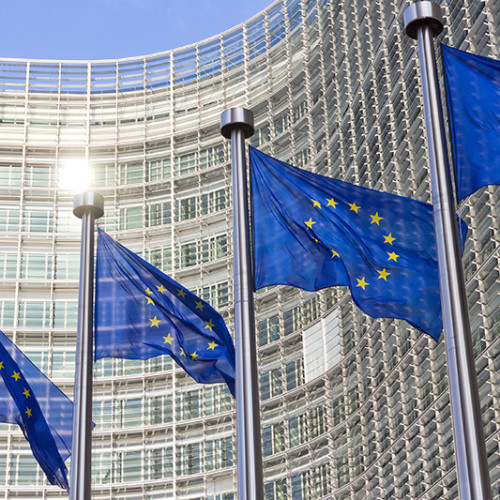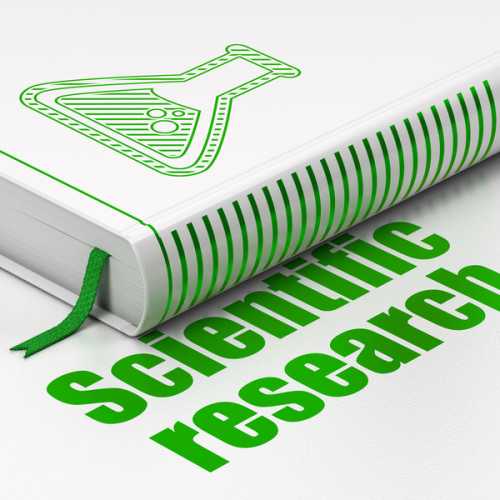
The US faces a national health emergency. Nearly 90% of health care spending goes toward treating chronic disease, much of it linked to diet and lifestyle. More than 70% of American adults are overweight or obese, and nearly 1 in 3 adolescents has prediabetes. In this context, U.S. Department of Health and Human Services Secretary Robert F. Kennedy, Jr. and U.S. Department of Agriculture Secretary Brooke Rollins today released the Dietary Guidelines for Americans, 2025–2030, marking the most significant reset of federal nutrition policy in decades. The new Guidelines deliver a clear, common-sense message to the American people: eat real food.

On November 19, 2025, the Lancet launched a series of three articles on the consumption of so-called ultra-processed foods and their associations with chronic diseases. This series brings together evidence regarding the growth of ultra-processed foods in diets worldwide and highlights their association with numerous non-communicable chronic diseases. A group of scientists is calling on policymakers to take action to reduce the accessibility of these products.

In March 2025, Anses issued a warning strongly advising against the consumption of dietary supplements containing the plant Garcinia cambogia Dsr. or preparations based on Garcinia cambogia due to the risks of severe adverse effects associated with its consumption. The decree of April 17, 2025, suspends in France for one year the importation, introduction, and marketing, whether for a fee or free of charge, of dietary supplements containing the plant Garcinia cambogia Desr and all preparations derived from this plant.

The 2025 edition of The State of Food Security and Nutrition in the World presents the situation with regard to key food security and nutrition indicators based on the latest available data, and also calls for global coordination and well-targeted, evidence-based, and country-led actions.

The HCSP recommends an overhaul of the PNNS strategic framework, with a name reflecting a broader scope that includes environmental sustainability, sleep, physical activity, and the fight against sedentary lifestyles for the development of the french PNNS 5 (2025-2030).

Water lentils have received approval from the European Food Safety Authority (EFSA) for production and consumption as fresh vegetable in the EU. The researchers from Wageningen University & Research (WUR) in the Netherlands compilied a dossier demonstrating the safety, …

On January 30, ANSES published a scientific opinion on the health impacts of consuming ultra-processed foods. The agency concluded …

The European Commission requested the EFSA to update the framework for Tolerable Upper Intake Level (UL) assessment and the current ULs for some vitamins and minerals. When it was not possible to establish an UL, the Commission requested the ESA to determine the safe level which is an indication on the highest level of intake for which there is a reasonable confidence on the absence of adverse effects. Consequently, the EFSA published until 2024 the guidance for establishing and applying tolerable upper intake levels for vitamins and essential minerals and the scientific opinions on the tolerable upper intake for preformed vitamin A and bêta-carotene, for vitamin E, for vitamin D, and some essential minerals such as iron, manganese, selenium

On 30 April 2024, the Food Standards Agency (FSA) and Food Standards Scotland (FSS) concluded based on the opinion of the Advisory Committee on Novel Foods and Processes (ACNFP) that novel foods, synthetic cannabidiol (CBD) and CBD isolate developed by Chanelle McCoy Ltd and Cannaray Ltd respectively were safe under the proposed conditions of use.

Regulation (EU) 2021/2117 published on 2 December 2021 amends the labelling rules for wines and aromatised wines and makes it mandatory to communicate the list of ingredients and nutrition declaration of those products.